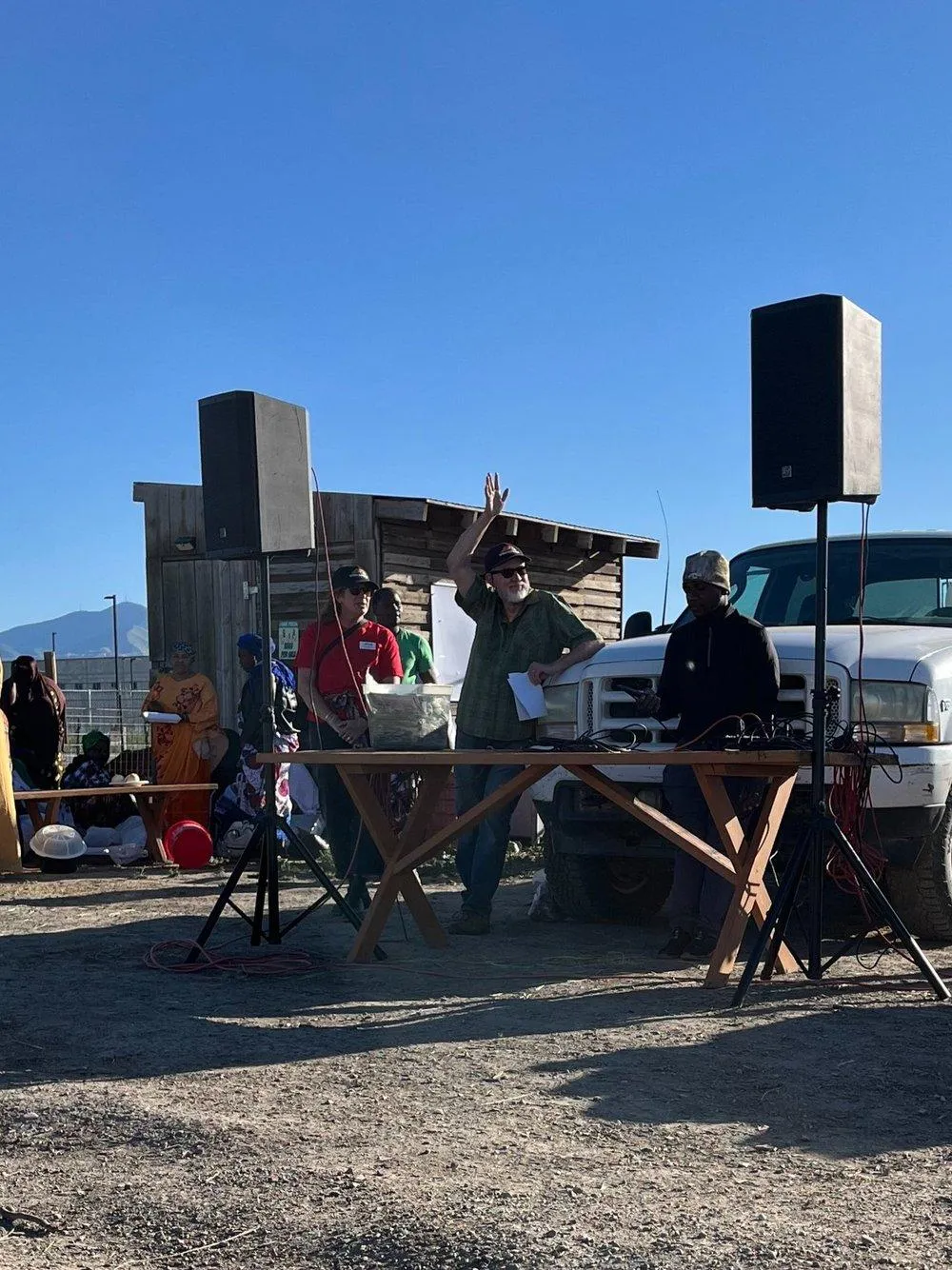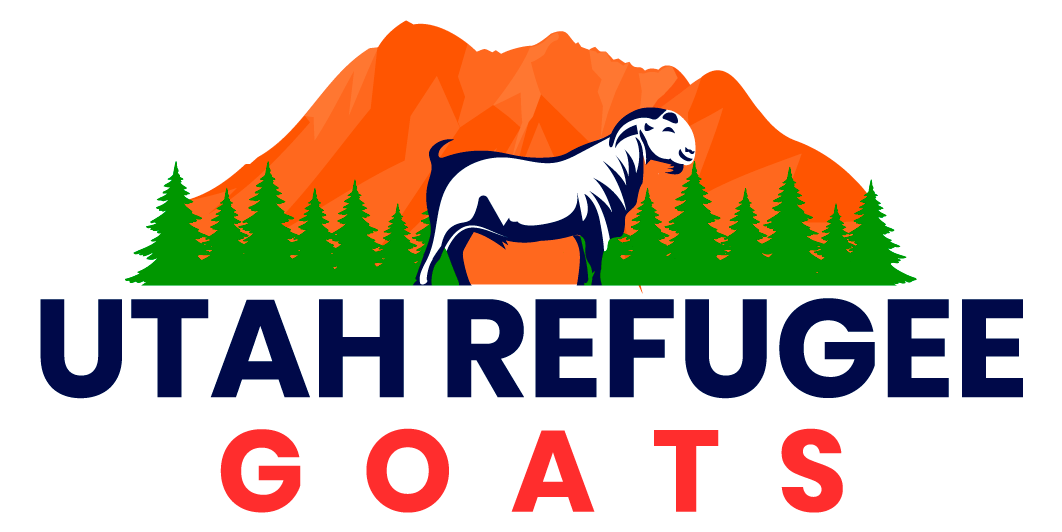
About Utah Refugee Goats
Utah Refugee Goats (URG) owns and manages a growing goat and poultry farm to supply refugee communities in Utah with reliable, affordable, and culturally familiar sources of meat. The farm is primarily run by members of the Somali Bantu and Somali Bajuni communities, two of the most persecuted refugee communities in the world. Members of the community volunteer at the farm and purchase animals that will later be harvested to provide meat for their families.
About The Somali Bantus

The Somali Bantu comprise of the Mgindo, Myao, Makua, Mzalamo, Mnyasa, MZigua and some Jarerweyne tribes who live around Shabele and Juba rivers. They primarily speak Maay Maay and Chizigua. They have a long history of marginalization. Years of subjugation and the fear of retaliation from government officials in Somalia, have adversely affected their sense of equality and self-esteem. They are further affected by the civil war in Somalia with many fleeing only after their towns were attacked. Many witnessed wives, sisters, daughters, mothers, aunts being raped and friends and relatives being killed in bandit attacks in Somalia. The prevalence of violence and the constant threat of attack in the refugee camps have further eroded their sense of security and well-being, and increased trauma-related problems, including hopelessness and depression. Since education was often out of reach for Somali Bantus in Somalia, they worked on their farms growing crops, raising goats and chickens. Participation in the modern economy, and integrating into the mainstream American society had become a struggle for majority of them. Because of the demography and the potential negative long-term effects of the mentioned barriers, they heavily relied on service providers including healthcare, public assistance, school participation, advocacy, and educational workshops/programs provided by refugee community-based organizations. to speed up their integration in the American society Utah Refugee Goats is focused to make it feel like home. While also providing access to a well balanced diet by selling goats, chickens and eggs for consumption.
About The Somali Bajuni

The Bajuni people group principally inhabit the Bajuni Islands in the Somali Sea. Many also traditionally reside in Kenya, mainly in Mombasa and other towns in that country's Coast Province. Members trace their origins to diverse groups; primarily coastal Bantu peoples along the Swahili coast, descendants of free or enslaved Bantus. Additionally, they trace their ancestry from later arrivals such as Arab Persian and Somali immigrants. Some also have Malay and Indonesian ancestry. The Bajuni follow the laws of Islam to conduct their affairs. Being Shafite Muslims, their lives revolve around the mosque and daily prayers. In the course of saying five prayers a day, they also wash at least five times. Every Muslim parent insists on giving his child the basic Islamic education. A Muslim judge, or kadhi, handles the criminal and civil disputes of the community. When a child is born, it is held up by the father, a friend, or a teacher, who recites the traditional call of prayer into its ear. From the moment of birth, the child is instructed in the basic teachings of Islam. Men are the working breadwinners. A woman's place among the Bajuni is usually within the home. She customarily leaves the house only to visit or to go to the market. Her visiting is done late in the afternoon when the housework is finished and the children are playing. The husbands like to gather at a men's meeting place or the mosque. The Bajuni are traditionally fishermen and sailors. Some also pursue other trades such as metalwork. wikipedia

URG is a non profit organization EIN 86-2542522
Navigation
Contact Us
Mon-Fri: 9AM-dusk
Sat & Sun: by appointment only.
Visiting the farm is by appointment only on all hours.
6664 West 1400 North Salt Lake City, UT 84116
801-613-7647
© 2024 Utah Refugee Goats - All Rights Reserved.